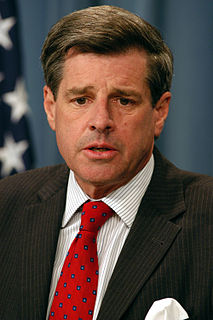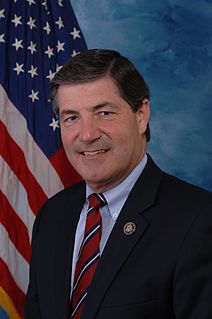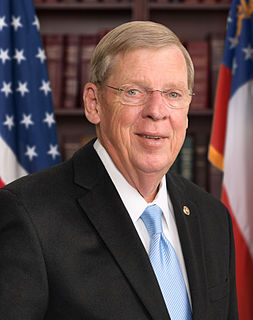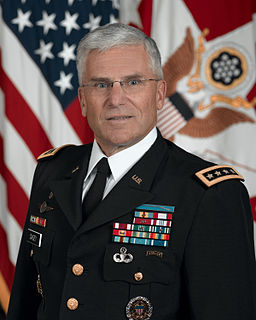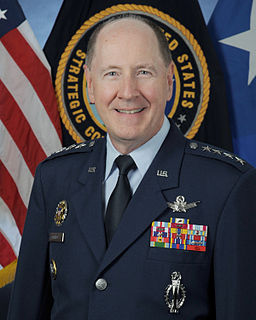A Quote by Paul Bremer
[Insurgents] pose no strategic threat to the United States or to the Coalition Forces.
Related Quotes
The Kennedy Administration's public pronouncements on the matter suggested that the presence of Soviet nuclear missiles in Castro's Cuba would represent an unacceptable strategic threat to the United States. . . . This urgent transformation of Cuba into an important strategic base - by the presence of these large, long-range, and clearly offensive weapons of sudden mass-destruction - constitutes an explicit threat to the peace and security of all the Americas. . . .
I worked for the troops my entire time in the United States Armed Forces because we know in the United States Armed Forces that it's not the generals and the colonels that win battles, it's the soldiers: it's the people at the front, the mechanics with their wrenches, the drivers moving the logistics back in the rear.
